The Rhythm of Apocalypse
Lake of Fire
Neozoon’s collage explores the worldview of fundamentalist evangelicals in the United States of America.
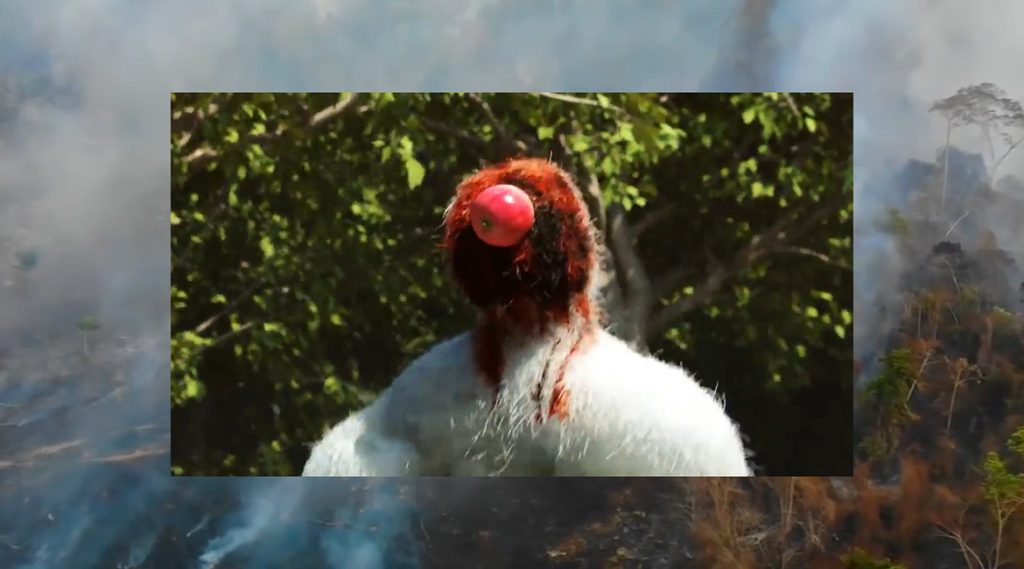
A preacher in the spotlight. Wearing a bright white suit, he speaks forcefully, “It’s never God’s plan that men should die!”. Obviously, God’s plan didn’t quite work out. But what happened? Neozoon’s film Lake of Fire embarks on a search for answers and comes up with some surprising insights. The ecofeminist collective is known for its found-footage experiments. Lake of Fire, which won the Saxon Film Promotion Prize at Filmfest Dresden in 2023, completes their Last Things Trilogy, which explores the worldview of fundamentalist evangelicals in the United States of America.
In the Christian tradition, the Last Things refer to the judgment that awaits us after we die. Its verdict seals our whereabouts in an eternal place—heaven or hell. The latter forms the thematic center of Lake of Fire. In a collage-like montage, the filmmakers combine a wide variety of audiovisual materials: depictions of the devil from history and the present, hell scenarios from medieval mosaics to trashy computer-generated 3D animation.
The believers’ voices are the common thread that leads through the film’s colorful mix of material. For evangelicals, the spoken word, proclamation, and testimony are essential to their religious practice. They have long known that public speaking and missionising are particularly effective with the help of modern mass media. Evangelicals are media experts. Audiovisual recordings of their speaking can be found in great numbers on the Internet, and Neozoon takes a deep dive into this rabbit hole. As a result, we see mainly white pastors, men who preach loudly to their megachurch: “Have you prepared yourself for that day? For it is coming, and there is not one thing you can do to stop it!” It is, above all, the fear of the listeners that the preachers are after. But luckily, Lake of Fire knows how to break up these scenarios of fear. Neozoon’s montage fragments the manipulative sermons and thus robs them of their rhetorical persuasiveness. What remains are fragments of speech, which Neozoon subjects to a careful linguistic analysis. In the process, however, not only the great preachers are examined.
Per the Protestant doctrine of the “priesthood of all believers”, the lay people, that is, the ordinary believers, are also allowed to say something. Thus, in Lake of Fire, we see men and women sitting in front of their webcams and smartphones, talking about death, the devil, and hell. However, this democratisation of speech does not lead to more diversity. As Neozoon makes clear, they are all following the same script. All of them are united by the always exact phrases, which are superimposed and juxtaposed by the edit to form a polyphonic choir: “Death is coming!”, “The devil is real!”, “Hell is no joke!” – “Because God loves you!”. Is man “created in God’s image” just a parroting herd animal to whom even the most apparent contradictions are not noticed anymore? Neozoon’s dense and pointed montage creates these, sometimes more, sometimes less subtle, comments.
However, it is not a theological interest that carries the film. Neozoon is primarily interested in the relationship to nature that results from religious ideas. The Christian language and imagery in Lake of Fire are contrasted with social media artifacts documenting how humans relate to their natural and animal surroundings. We see people slip into eerie animal-like costumes to embody evil, to instill fear. And we see the industrial mining of resources and the machine cutting of trees on a piecework basis—this hostile exploitation of nature comes with a cost. The filmmakers also show us a kind of nature that cannot be controlled, that has a mind of its own: ant colonies, landslides, a burning forest with no exit—hell on earth. In Lake of Fire, the apocalyptic visions of Christianity turn out to be a self-fulfilling prophecy in which the human factor, instead of the devil, seems to be the evil force.
Besides these secular scenarios of apocalypse that contrast and comment on the religious ones, Neozoon also develops a hopeful perspective through their innovative use of sound. The film initially begins without images, purely acoustically. A rich bass rhythm resounds, accompanied by muddy stomping noises so close and detailed that they burn directly into the brain’s skin. These intense auditory impressions, known as ASMR (autonomous sensory meridian response), have gained popularity primarily through YouTube. ASMR videos are supposed to have a calming effect. And indeed, in contrast to the fear-inducing hell scenarios, they create a soothing balance. However, the ASMR YouTubers also mutate into sound and language researchers through the rhythmic rearrangement of the edit. They glide with their hands over the surface of the encrusted earth, drill with their fingers into a flower bed, knock against tree trunks, and jump into muddy puddles. In their curious search for new sound experiences, ASMR YouTubers relate to nature through touching and listening instead of othering and domination. In juxtaposing religious aggressiveness and sensitive listening, Neozoon renegotiates the age-old theological questions about the Last Things on the horizon of today’s man-made planetary crisis. Is humankind really the crown of creation, entitled to rule over it? Or are we rather profoundly dependent on it? Can innovative aesthetics of social media lead us toward a more sensitive and even sensual way of living?
The associative collage does not explicitly answer these new questions about the Last Things. Instead of formulating fresh creeds, Lake of Fire is a rhythmic as well as critical image and sound meditation on man’s treatment of his planetary conditions of existence, the religious roots of the capitalist logic of exploitation, and, last but not least, the power of images and language.
This text was developed during the European Workshop for Film Criticism #1—a tandem workshop set during Filmfest Dresden and Vienna Shorts—and edited by tutor Ricardo Brunn.
The European Workshop for Film Criticism is a collaboration of the European Network for Film Discourse (The END) and Talking Shorts, with the support of the Creative Europe MEDIA programme.

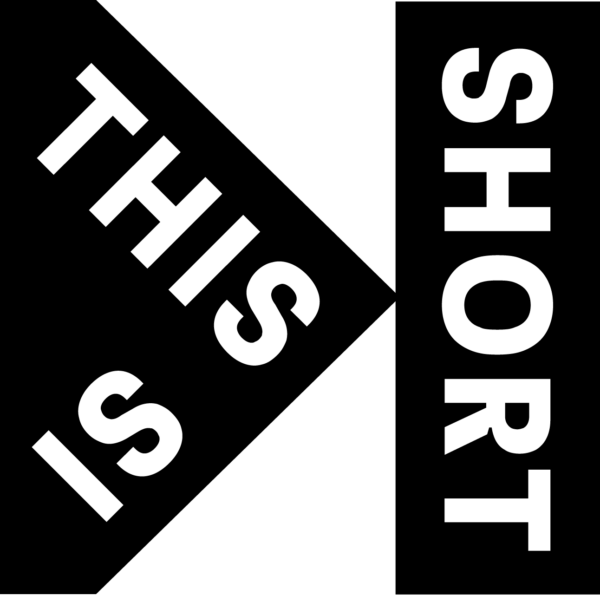
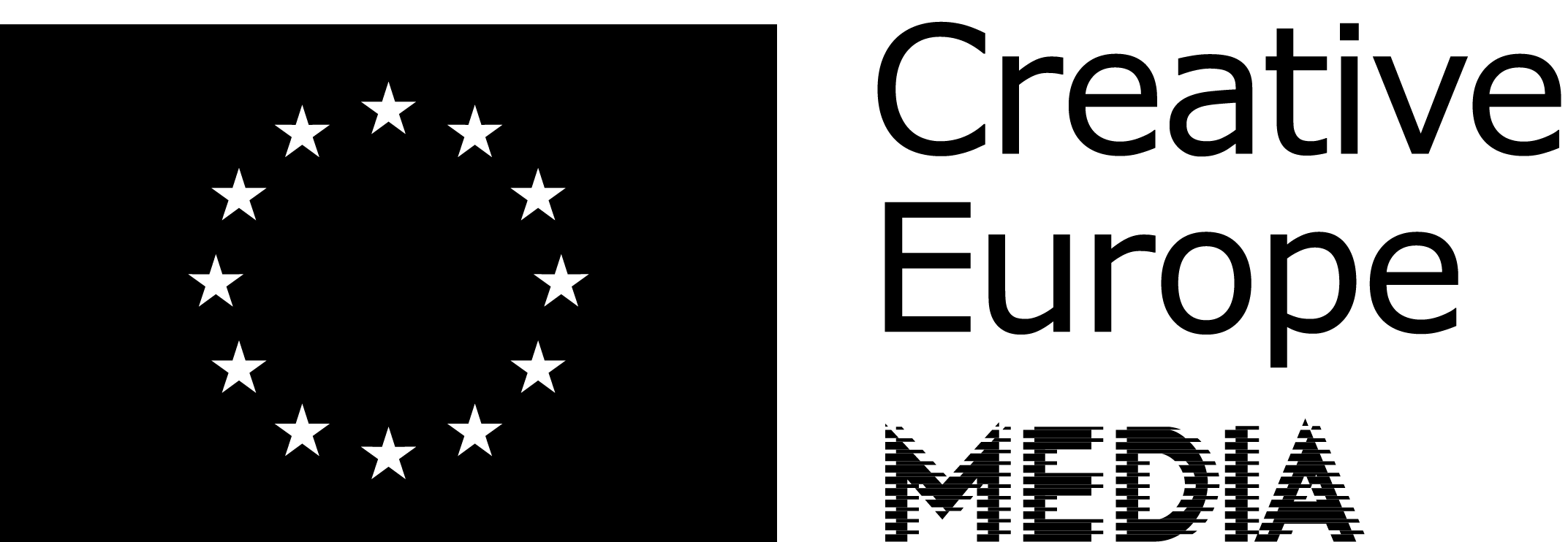
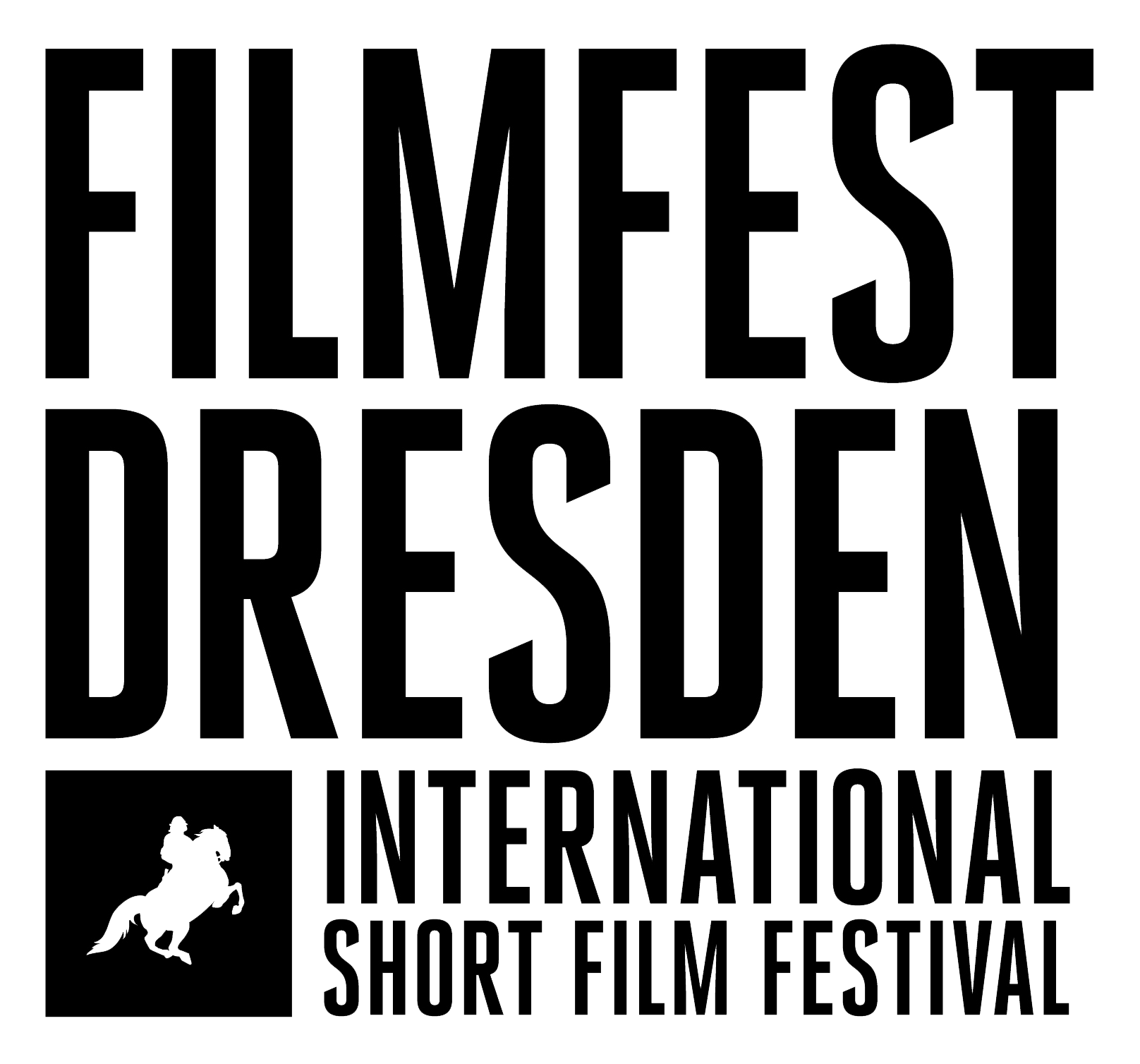
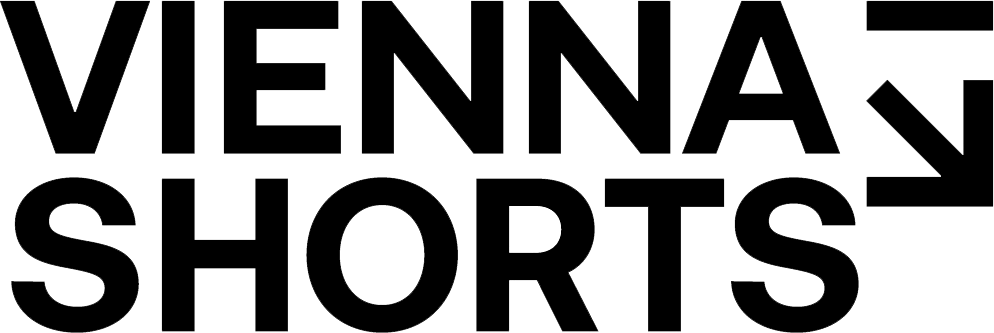
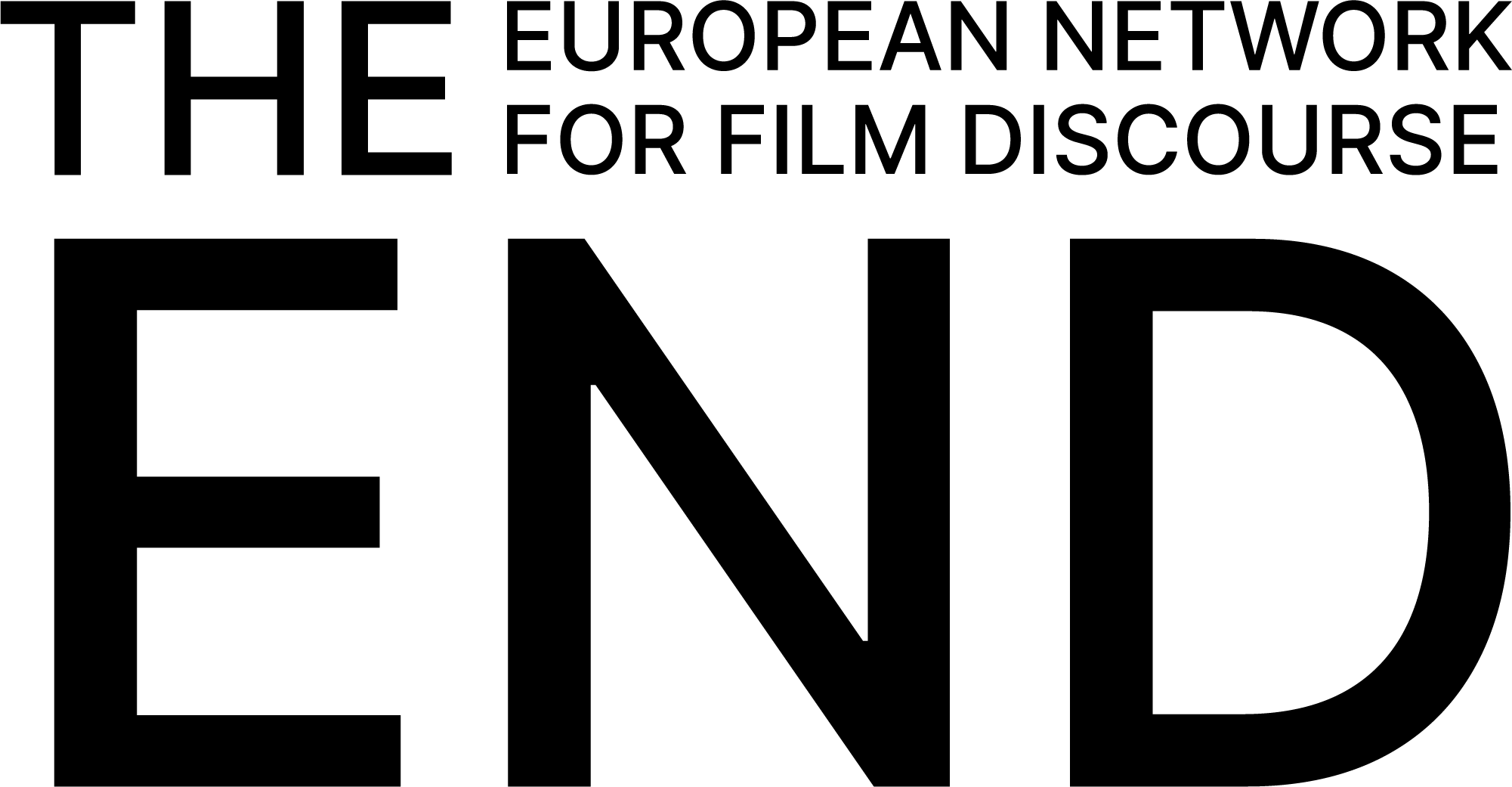
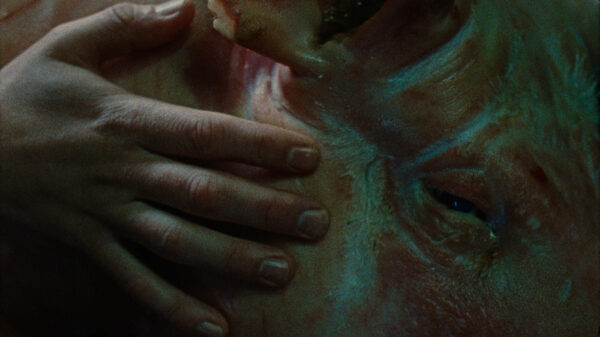
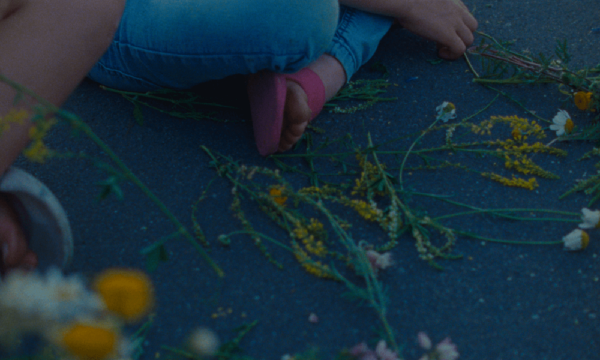
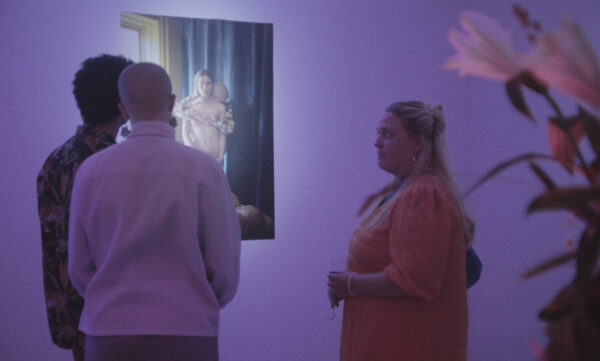

There are no comments yet, be the first!